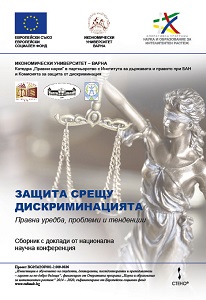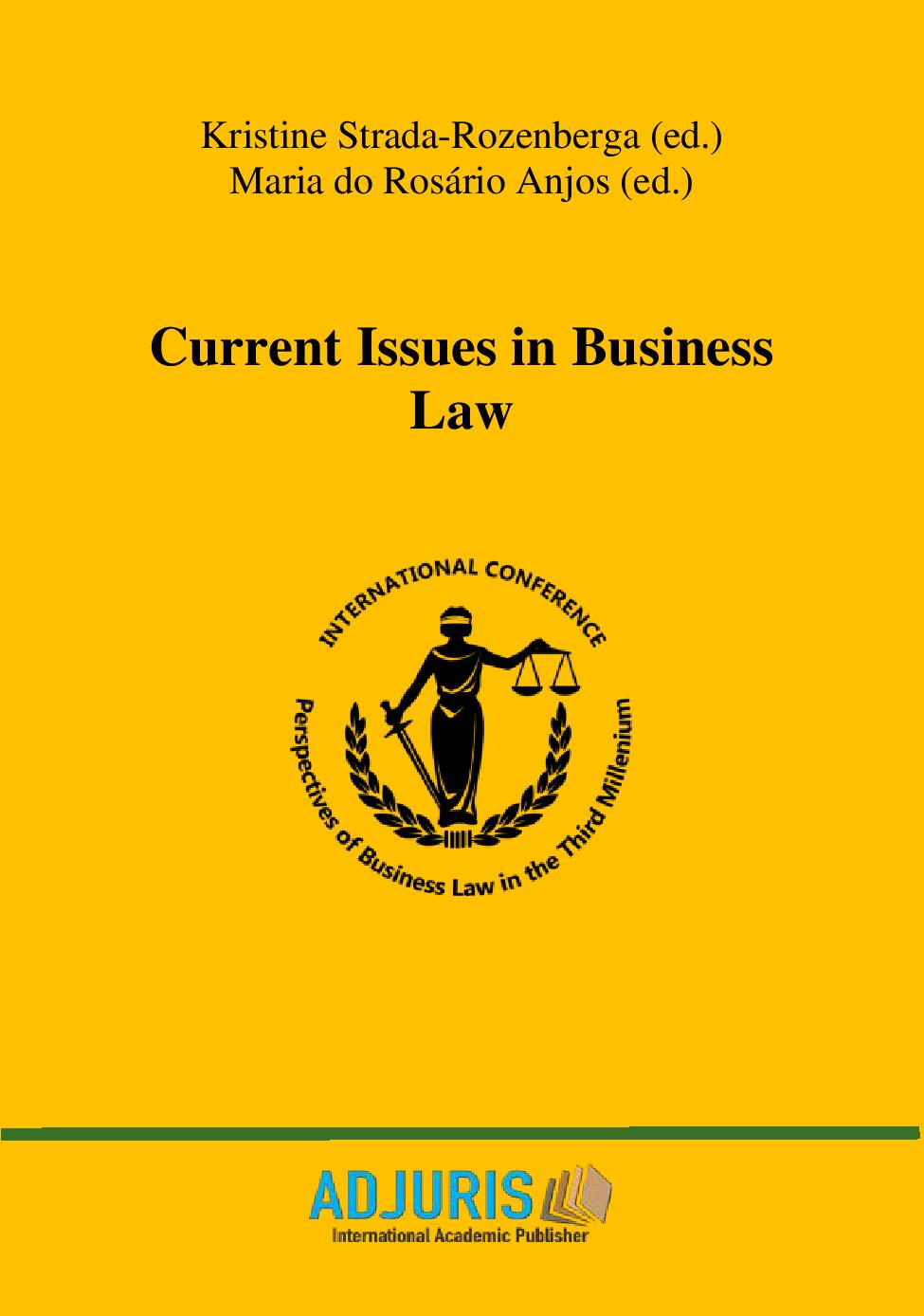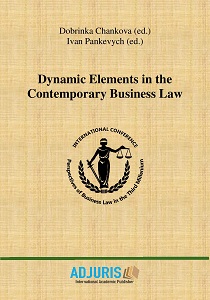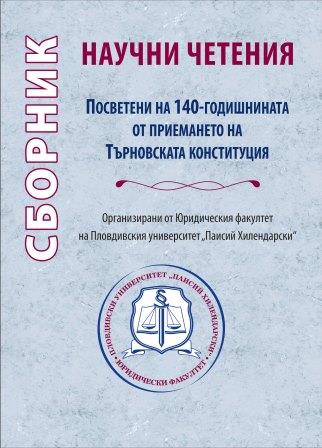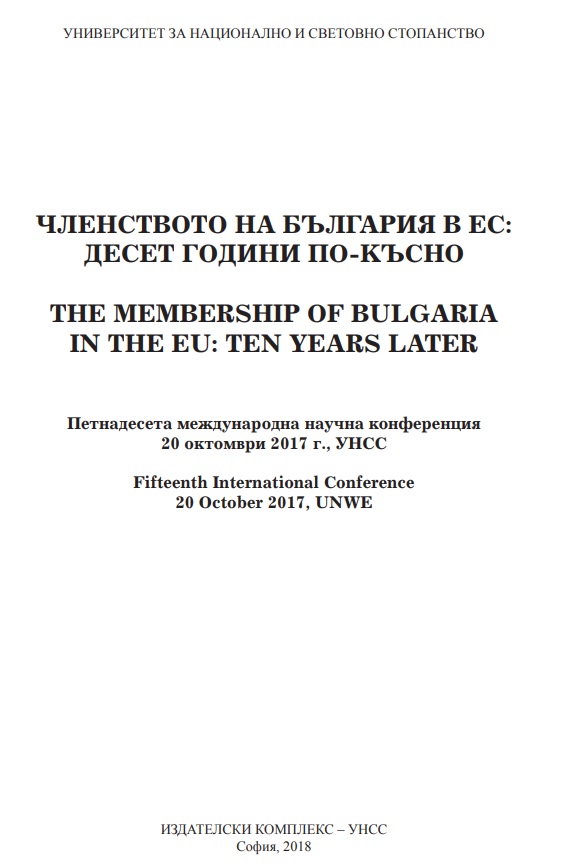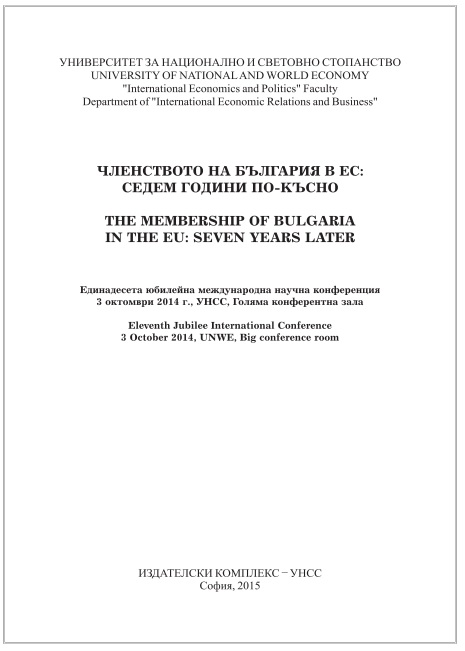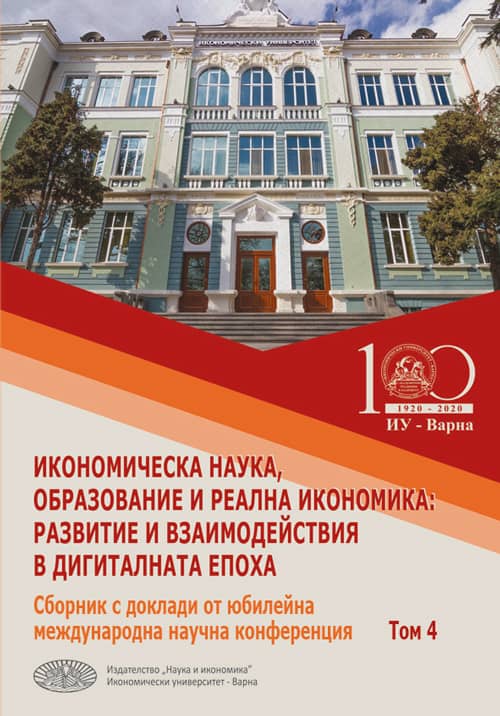
Status prawny rubryki „Napisali o nas”
Engaging in the discussion on legal aspects of communication, this paper tackles the question of the legal classification of the part of websites in which news on various local and regional events is uploaded. In order to achieve that, two possible classifications are introduced; one of them treats such materials as simple press information, whereas the other – as a right to reprint eligible under the Act of Copyright and Related Rights, and Press Law Act. The issue discussed is even more interesting since some of the changes indicated have been changed by the document enacted on 11 September 2015; it concerns the changes within the copyright law and the related rights, and the Gambling Act, adjusting them to the European Union Law, and, particularly, the directive 2001/29/WE of 22 May 2001 on the harmonisation of certain aspects of copyright and related rights in the information society. The paper is a theoretical and juridical analysis of normative regulations and the doctrine through the exegesis of legal acts related to the issues tackled, operating within the framework of historical interpretation.
More...
